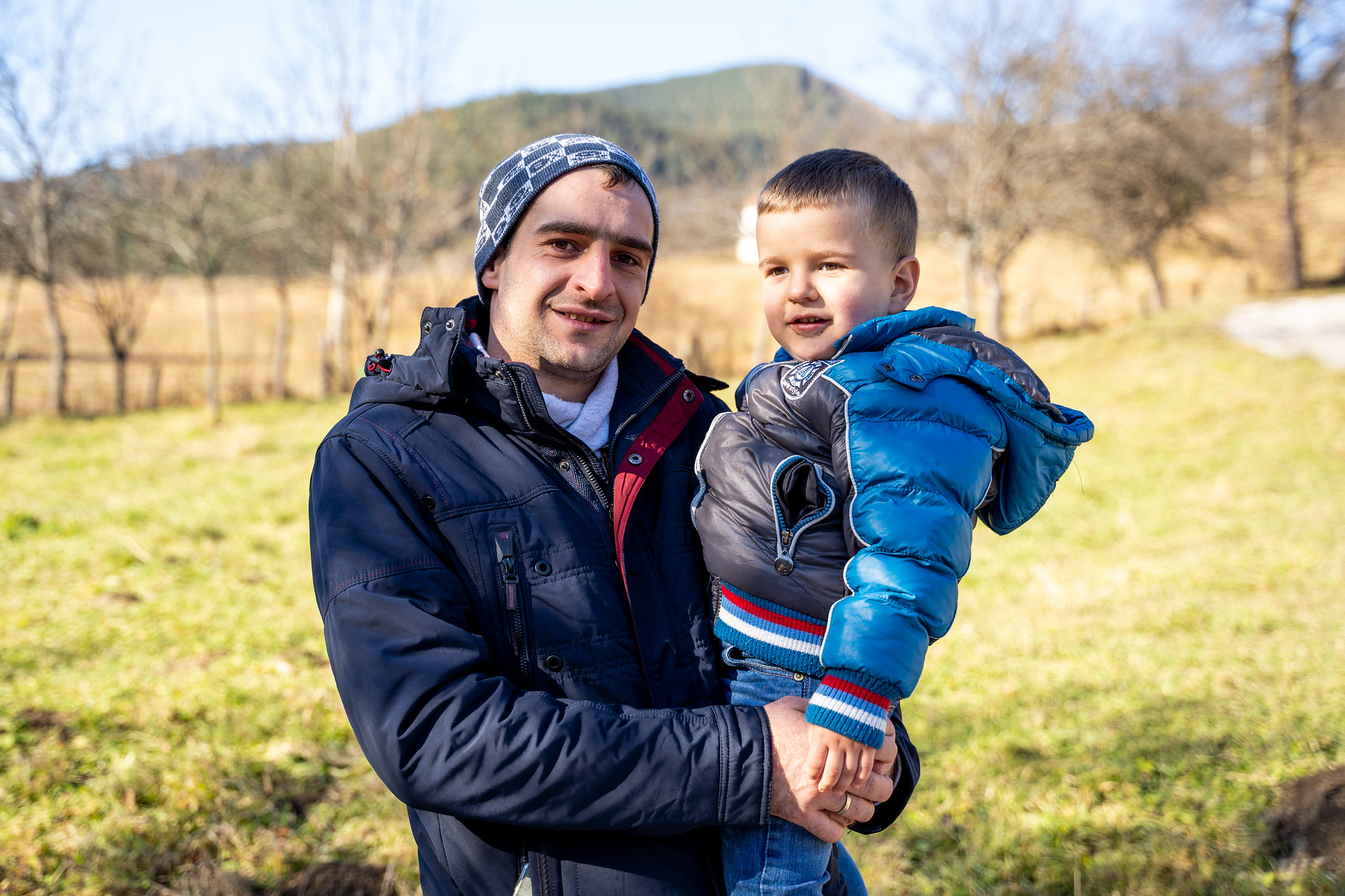With the desire to provide support to parents and caregivers in this challenging period, our psychologist and psychotherapist Smiljana Grujic will respond to some common parenting dilemmas. We hope that our new section “Parenting FAQ“ is useful and interesting! If you want to ask Smiljana Grujic a question, feel free to write to us in the comment section below, and we will include an answer to your question in the next blog.
- My 11-year-old child is constantly asking us to buy him something. Then he is satisfied for a maximum of three days and afterward asks for something new again. We have tried all the methods, but he constantly insists on something and there is no peace in the house until that is bought. Do you have any advice? – Mom Gordana
When it comes to shopping, there is one pitfall – the more you buy, the more your child asks. You know that even without me, but it’s not bad to be reminded. It is time to approach that situation differently. I think that behind it, there can be something that the child needs psychologically. The way to verbalize what he needs is by asking for gifts. Maybe behind that lies the need for attention or the need for acceptance, love, intimacy”¦ Of course, this does not mean that you as a parent do not satisfy that need, but the child has such a feeling.
So when that happens, try to get into his “shoes” and tell him something like this: “You want that because… you need to know that I’m thinking of you?“
Afterward, it is good to check with the child what he thinks about what you said. This is just an example to understand that in that situation it is good to hear what may be hiding behind the behavior you are describing. If you decide to criticize a child, give logical arguments why you will not do it. I am sure that you’ve realized that physical punishment does not give results. Only when you can truly understand what is behind such a request, and together with the child, consider what could be helpful, this behavior will eventually stop. Sometimes it is easier to buy something than to understand that a child needs something psychologically and that the way he asks for it is not constructive. Maybe he needs more socializing, walks, joint activities, time just for you… And he just clumsily asks for it.
- I read your blog “How to react when a child does not listen to you” and I understood everything. But what after I calm down? How do I approach a child? In what words? For example, a child wanted to push his sister off the stairs. Luckily, she didn’t fall. – Mom Irena
This situation is difficult for every parent because the child’s life is endangered, so the fear is legitimate.
The first and most important thing is to make sure that the child is safe, which you did.
When you have done this and when you have turned off the stress siren by applying some self-regulation strategy, try to understand why the child is doing it, e.g. you can say, “It seems to me that you are trying to see what will happen as you push your sister down the stairs. Did I understand correctly? “ You will say it in your own language, keeping in mind the age of the child and his developmental characteristics. The bottom line is that after you turn off the stress siren and recognize that you are scared, you react in a way where you will not blame and attack the child. Your need in this situation is for the children to be safe, to protect them. When you react from the position of a peaceful parent, you strengthen the acceptable behavior of the child and reduce the probability that such situations will happen again. When you show that you understand what is “behind” this behavior, using the I message you tell the child how you feel and why his behavior is not acceptable. For example. you can say, “When you push your sister down the stairs, I’m scared, because she might fall and get hurt. I wish you didn’t do that because the cut can fall. Have we agreed? “ Of course, follow what will happen next, because it is not enough to tell him this only once.
If the child is too small, you control the environment, not the child.
This means securing the steps to prevent this from happening. Children do not know that their behavior is wrong and they cannot see the consequences that can happen. They have a need to play and explore. They are often unaware of how their behavior affects the people they are connected to. They quickly forget what they are told, it is difficult for them to connect what they have learned in the past with the current situation. We need to teach them the difference between acceptable and unacceptable behavior. In addition to what I have written, it is good to nurture routines with children and to demand effectively, without attacking and judging the child.
- Hello, I have a big problem with children. Actually with myself. I am aware that I shout at my children a lot. I am alone, my husband has left, although I have extremely bad communication with him too. How can children listen to me without shouting and chaos? I am very sad. – Mama Milica
I believe that it is not easy for you and that, as you yourself wrote, you are often overwhelmed by sadness, because in your relationship with your children you react in a way that you are not satisfied with. Managing one’s own emotions can be learned and it is a precondition for children to hear and do what we ask of them without much opposition. When reacting in challenging situations, you should first of all be calm, which of course is not easy. Only then do you increase the probability that children do not react violently, and you also teach them to react in the same way, not only towards you, but also towards others in their environment.
In moments when you are overwhelmed by unpleasant emotions, you can hardly teach a child.
If you then react in a way that you are not satisfied with, there remains a feeling of guilt that is usually difficult to deal with. When your children do stupid things in some way, it is very important that you are calm. Allow yourself to breathe and stay calm. Do your best to find a strategy that will help you avoid shouting, criticizing, attacking. Children need understanding and they need clear boundaries. Stay calm and loving as you discipline your children. If you do not judge them, but show understanding for the feelings they are going through, you increase the probability that they will hear what you are telling them and do what you agreed to do. It’s not easy, but it’s possible!



















